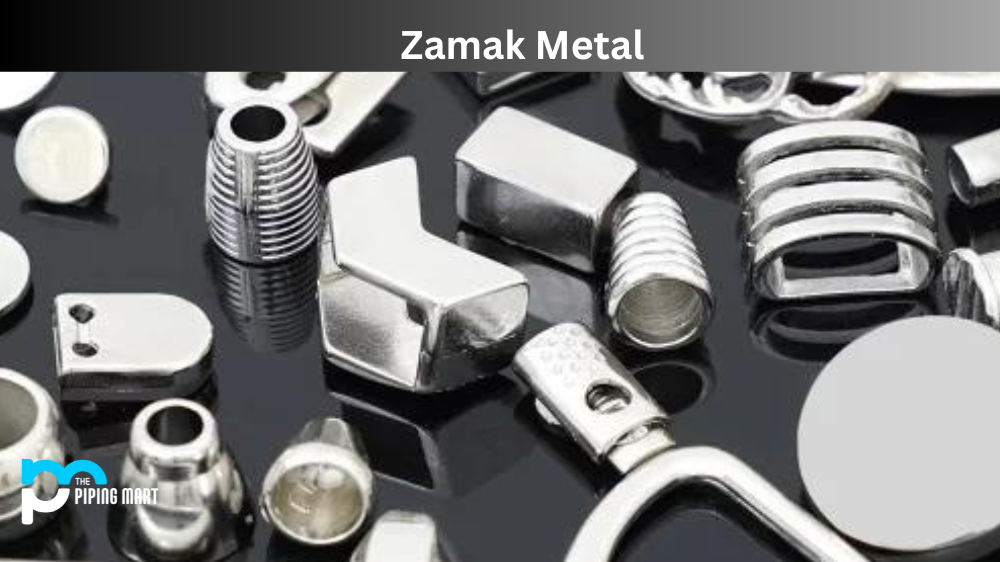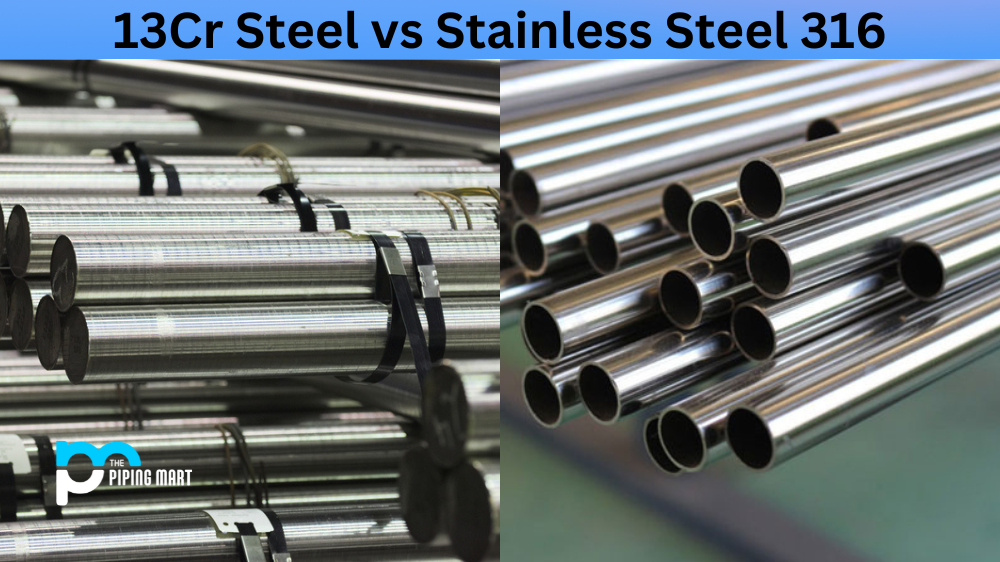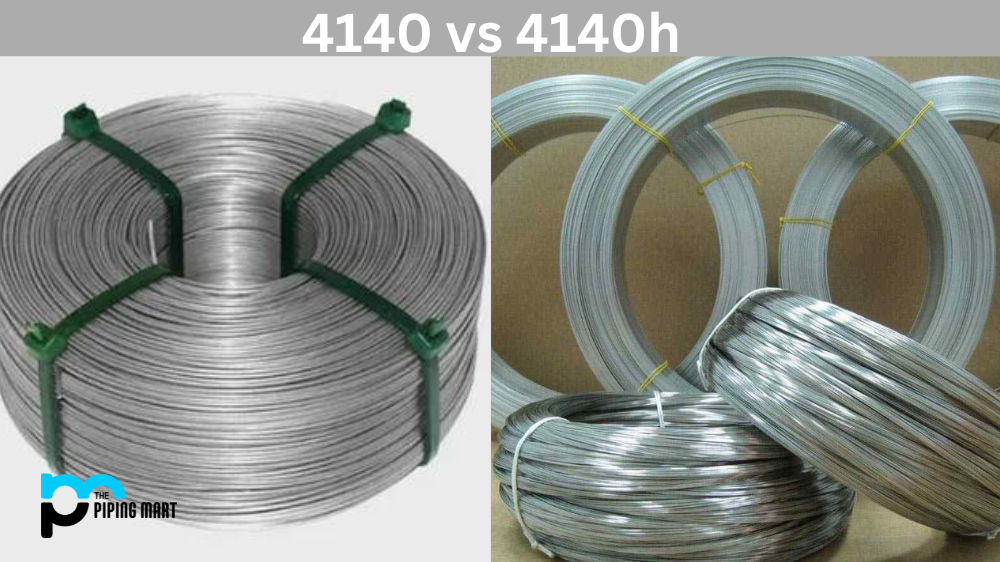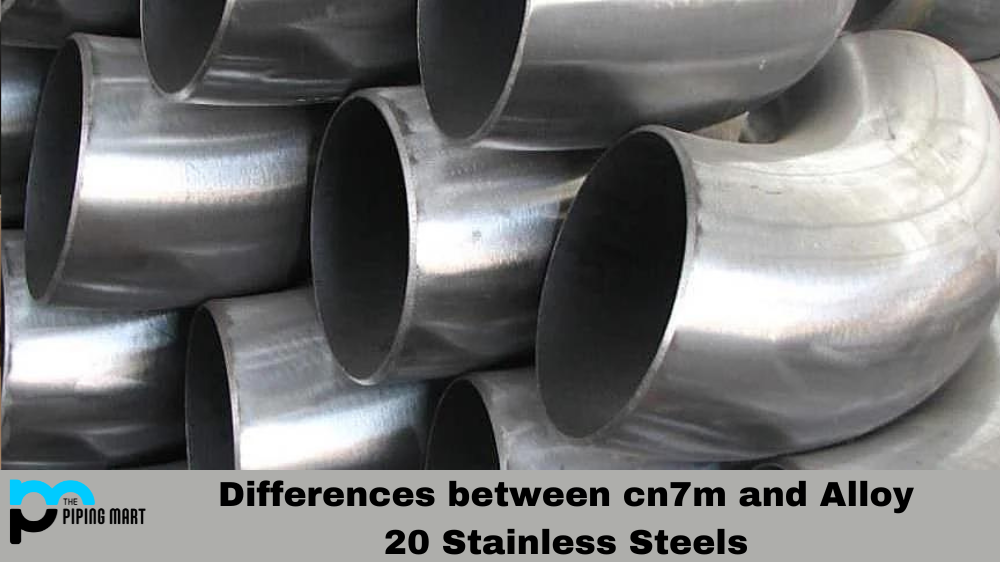Zamak metal is a family of zinc, aluminum, magnesium, and copper alloys. It is a popular choice for many products due to its malleability and affordability. However, this type of metal has both advantages and disadvantages. Let’s take a closer look at the pros and cons of Zamak metal.
Advantages of Zamak Metal
The main advantage of Zamak metal is its low cost. This makes it an ideal choice for manufacturers who need to keep costs down without sacrificing quality. Additionally, the malleability of Zamak makes it easy to work with, allowing for more design flexibility than other metals. It also has a high melting point, making it suitable for various casting processes. Finally, Zamak is relatively corrosion-resistant, which means it can be used in wetter and dryer environments without fear of rusting or corroding over time.
- Zamak is a zinc-based alloy that is strong and durable.
- Zamak is resistant to corrosion and wear, making it ideal for outdoor use.
- Zamak is non-toxic and hypoallergenic, making it safe for medical applications.
- Zamak can be cast, stamped, or machined into various shapes and sizes.
- Zamak is an economical choice for many applications.
- Zamak is recyclable and environmentally friendly.
Disadvantages of Zamak Metal
One disadvantage of Zamak metal is its susceptibility to wear and tear over time. While the corrosion resistance can help extend the life span, it will eventually wear down if not correctly taken care of or regularly maintained. Additionally, Zamak tends to shrink during cooling processes which can cause problems with precision casting jobs where exact measurements are essential. Finally, while the cost savings are attractive compared to other metals, there are some applications where other metals may be required due to their superior strength or durability compared to Zamak.
- Zamak alloys are less strong than other metals.
- They are not heat resistant and can melt at low temperatures.
- They are not corrosion-resistant and will rust over time.
- They need to be more ductile and easily shaped or molded.
- They are not very conductive and cannot be used for electrical applications.
Conclusion:
Zamak metal offers many advantages, including cost savings, malleability, high melting point, and corrosion resistance, making it an attractive option for many projects or applications requiring metal components or parts. However, these benefits must also be weighed against its potential drawbacks, such as susceptibility to wear and tear over time and shrinking during cooling processes, to make an informed decision about whether or not it’s the suitable material for your needs. With careful consideration given to both sides when deciding which type of metal best suits your application needs, you can rest assured that you’ll make the best decision possible for yourself and your project!

Pipingmart is a B2B portal that specializes in metal, industrial and piping items. Additionally, we share the latest information and information about materials, products and various types of grades to assist businesses that are involved in this business.




